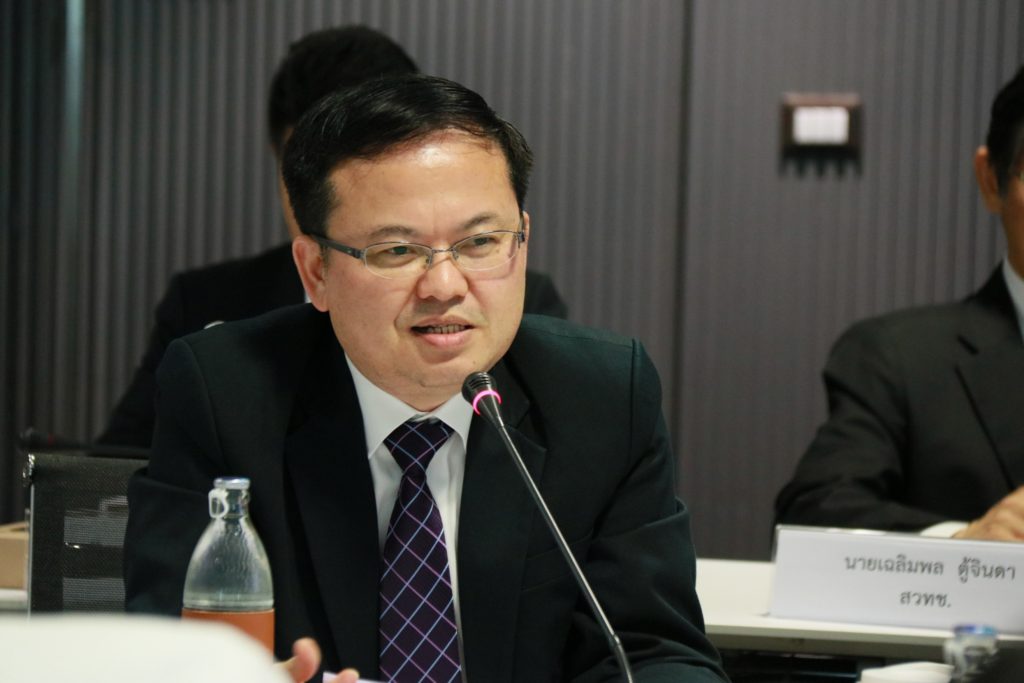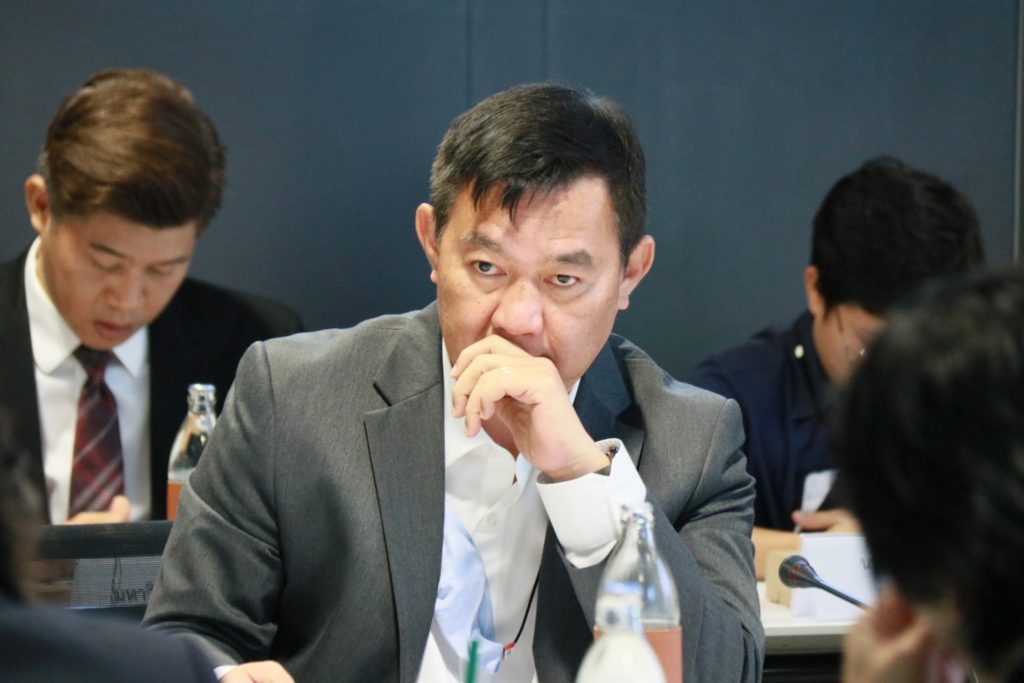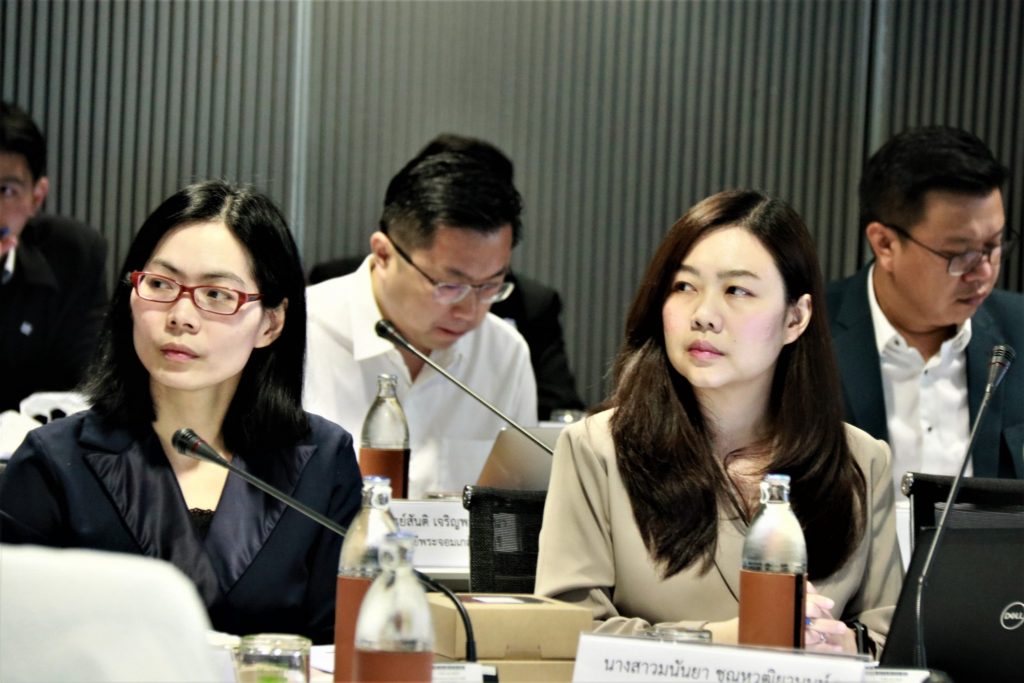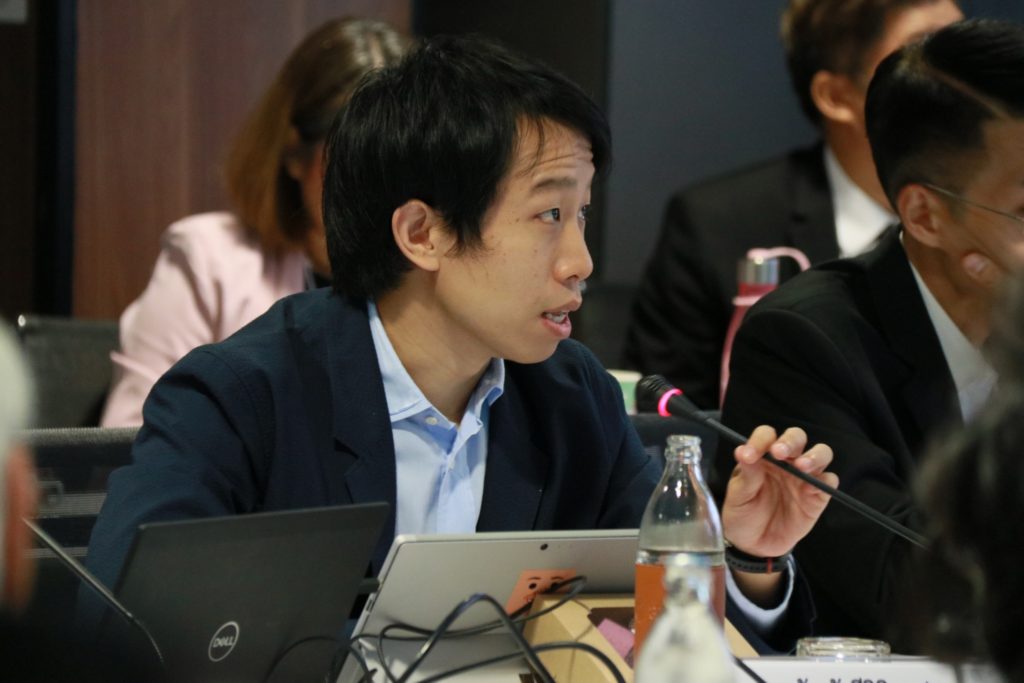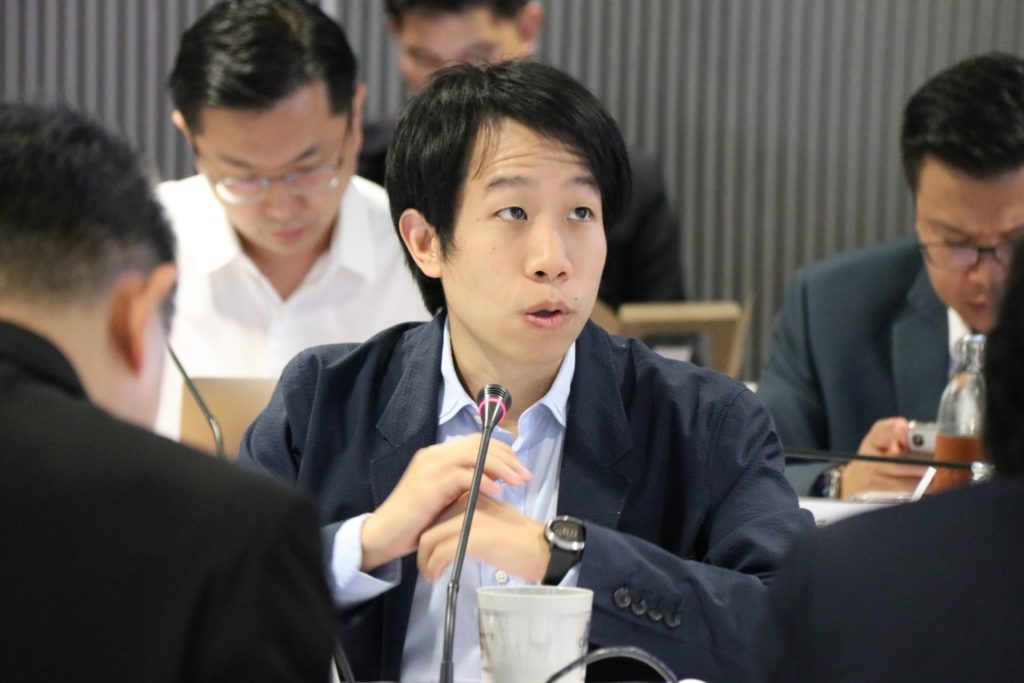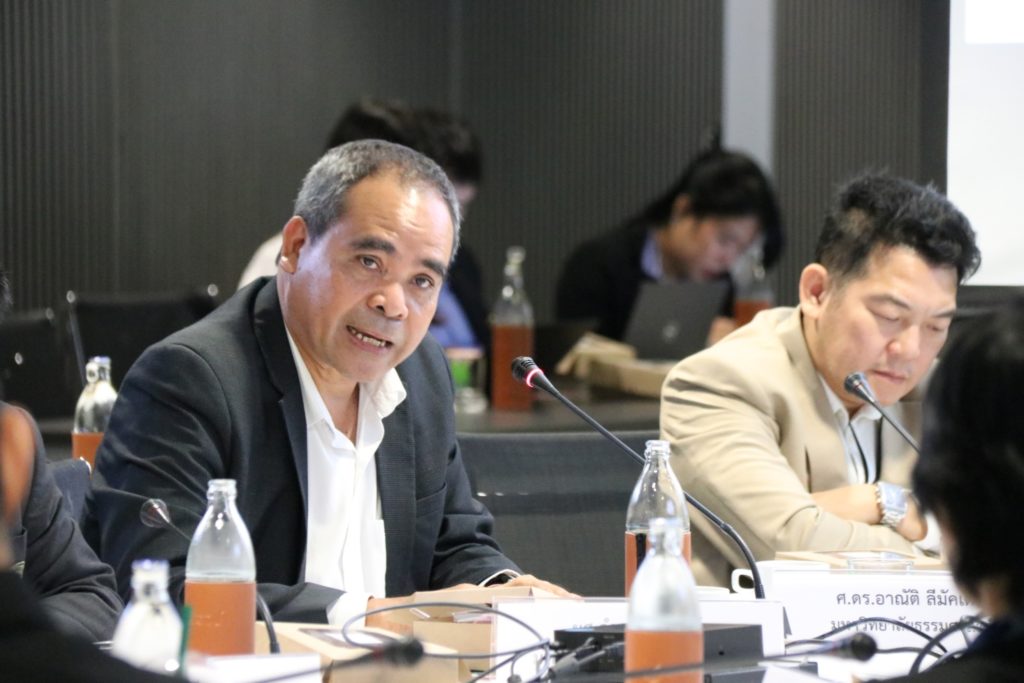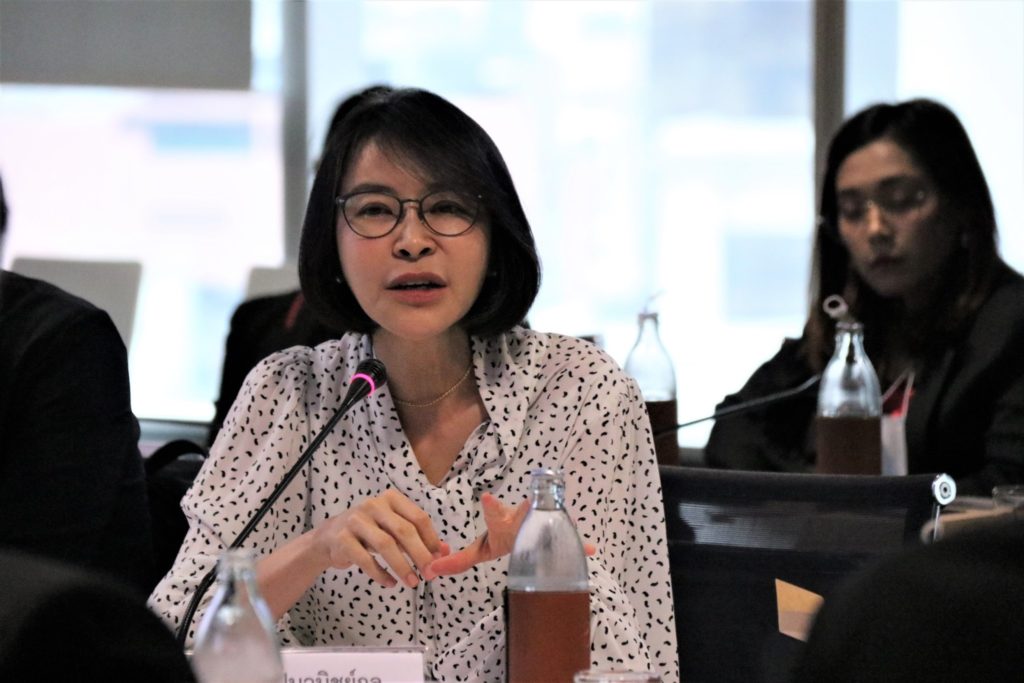On 12 November 2020, NXPO hosted a knowledge sharing forum focusing on a holding company concept which has recently been approved by the National Higher Education, Science, Research and Innovation Policy Council (Policy Council) as a mechanism to promote research commercialization in universities and public research centers. The forum was organized with an objective for NXPO to provide information on the holding company model to representatives from universities and public research organizations and to receive ideas and feedbacks from concerned parties in order to design effective policies and measures.

Under the holding company mechanism, universities and public research institutes set up holding companies to commercialize research findings. The holding company is a separate private entity from the university or research center which enables flexibility, agility and business-driven decision making, as well as facilitate spinoff companies. The mechanism will accelerate commercialization process, thus boosting revenue and creating more jobs to the economy. It will also be a key driver to raise the government’s contribution to total R&D investment to 30% by 2022. The latest survey in 2019 showed that 22% of total R&D investment came from the government and the rest 78% from the private sector.
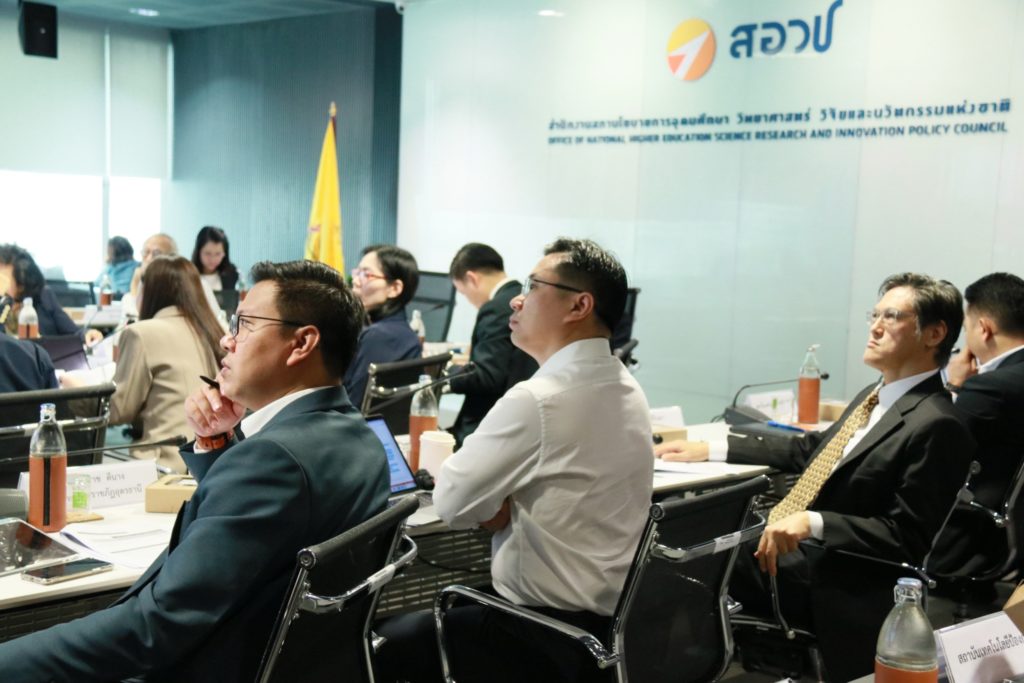
At present, the business sector in Thailand makes a combined earning of 23 trillion THB, 60% of which are concentrated in a few large conglomerates. To increase the earning and improve the distribution, the country needs more tech companies with high growth potential. University holding companies will be a great addition to Thailand’s innovation ecosystem as they will create opportunities for more innovation-driven enterprises through public-private joint investment.
A few universities have already established holding companies. Examples are CU Enterprise of Chulalongkorn University, Ang Kaew Holding of Chiang Mai University, Nawawiwat of King Mongkut’s University of Technology Thonburi and TUIP of Thammasat University. Several universities are conducting exploratory studies on various aspects of this model – from legal procedure to activities. To help universities and research organizations understand and later implement the holding company model, NXPO is planning to develop guidelines and relevant regulations to be in line with applicable laws and publicize this information among interested universities and research institutes. Inputs from this forum will also be submitted to the Ad Hoc Committee on Ecosystem Promotion and Revision of Laws and Regulations for further action.

